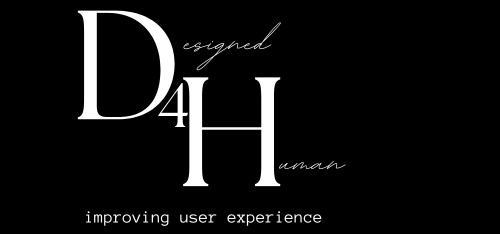Introduction
If you are looking to unlock your organisation’s full potential by mastering project management best practices, or the key to successful planning, execution, and completion of projects, you are in the right place. Learn essential concepts, methodologies, and tools, written in industry language or partner with the Designed4Humans team to set up the right systems and processes for your organisation.
Together, we’ll ensure successful project delivery every time. Over two decades, we have successfully delivered projects in Mining, Healthcare, Travel/Tourism, Education and Government.
What are Project Management Best Practices?
Definition
Project management is “the application of knowledge, skills, tools, and techniques to project activities to meet the project requirements” (Source: A Guide to the Project Management Body of Knowledge (PMBOK Guide) by the Project Management Institute). Effective project management increases efficiency, drives successful outcomes, and supports organisational growth.
Ready to transform your organisation with expert project management? Contact Designed4Humans today for a consultation, and let’s achieve success together.
Project Management Methodologies
Explore popular project management methodologies, including
- Waterfall: A linear, sequential approach to project management, best suited for projects with well-defined requirements and predictable outcomes.
- Agile: An iterative, flexible approach that emphasises collaboration, customer feedback, and rapid adaptation to change.
- Scrum: An Agile framework that uses short, focused iterations (sprints) to deliver incremental improvements.
- PRINCE2: A process-driven methodology that emphasises planning, control, and continuous improvement.
Essential Tools for Project Management Success
Master essential project management tools, such as:
- Gantt Chart: A visual representation of project tasks, their durations, and dependencies.
- Work Breakdown Structure (WBS): A hierarchical decomposition of project work into manageable components.
- Risk Management Plan: A proactive approach to identifying, assessing, and mitigating potential project risks.
- Project Management Software: Platforms like Jira, Asana, and Microsoft Project that help streamline project planning, tracking, and collaboration.
The Project Management Process
Learn the key stages and processes involved in project management:
- Initiating: Define project objectives, identify stakeholders, and establish the project charter.
- Planning: Develop a detailed project plan, including scope, schedule, budget, and resource allocation.
- Executing: Implement the project plan, manage resources, and ensure project deliverables are completed on time and within budget.
- Monitoring and Controlling: Track project progress, identify and address issues, and implement changes as necessary.
- Closing: Complete final deliverables, conduct a project review, and document lessons learned.
Partner with us for Project Management Success
Whether you’re looking to implement project management methodologies yourself or seek expert guidance, Designed4Humans is here to help. Our experienced team can assist you in setting up the right systems and processes for your organisation or aid you in successfully delivering your projects.
Select a package from our Unique Remote Service Delivery model to suit your needs.
